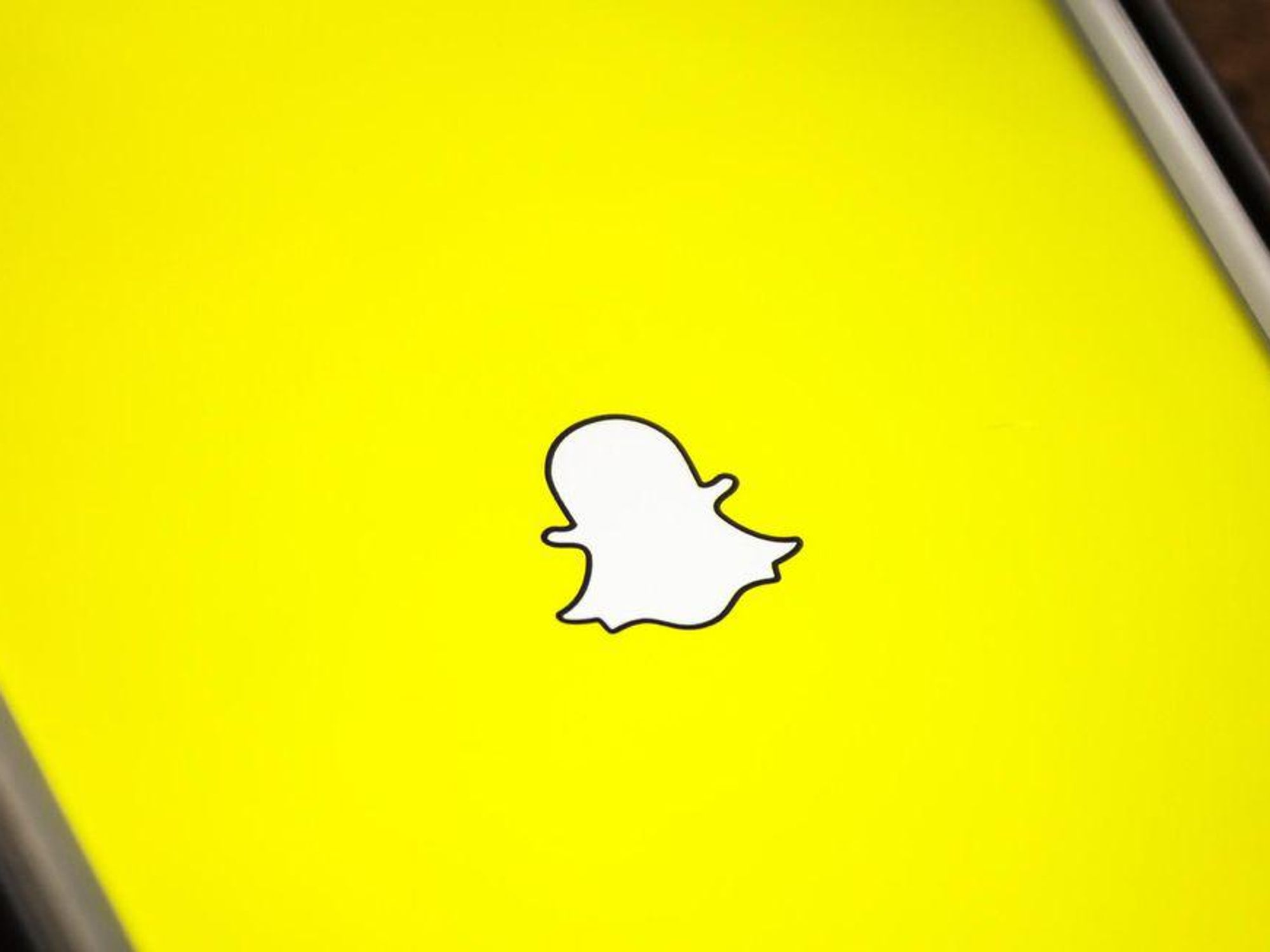SCOTUS: Snapchat Post is Protected Free Speech
Favot is an award-winning journalist and adjunct instructor at USC's Annenberg School for Communication and Journalism. She previously was an investigative and data reporter at national education news site The 74 and local news site LA School Report. She's also worked at the Los Angeles Daily News. She was a Livingston Award finalist in 2011 and holds a Master's degree in journalism from Boston University and BA from the University of Windsor in Ontario, Canada.

The U.S. Supreme Court ruled Wednesday that a Pennsylvania high school violated a student's First Amendment rights when it punished her for posting a profane message on Snapchat expressing her frustration about not making the varsity cheerleading team.
The major ruling on student free speech rights was an 8 to 1 decision, with Justice Clarence Thomas dissenting. While the court said the punishment imposed by the school against the cheerleader was too severe, it said that schools may discipline students for off-campus speech in some cases.
The case stems from a Snapchat post made by Brandi Levy, who was then 14, that was a picture of her and her friend pointing the middle finger at the camera with the caption "F*** school, F*** softball, F*** cheer, F*** everything." The Snap, shared with 250 friends, was posted on a Saturday from a convenience store.
A fellow junior varsity teammate saw the post, took a screenshot of it and it was shared with a coach. The school said the post was disruptive to cheerleader morale and suspended Levy from the team for the upcoming year. Levy sued the school district, saying the punishment violated her free speech rights.
"It might be tempting to dismiss [Levy's] words as unworthy of the robust First Amendment protections discussed herein," Justice Stephen Breyer wrote in the majority opinion. "But sometimes it is necessary to protect the superfluous in order to preserve the necessary."
Santa Monica-based Snap Inc. did not immediately respond to a request for comment. But the case highlights how much social media has become embedded in the fabric of life for teenagers.
The court said that circumstances that allow a school to regulate student speech, even if made off campus, include serious or severe bullying or harassment targeting individuals, threats aimed at teachers or other students, failure to follow rules concerning lessons, writing papers, computer use or participation in other online school activities and breaches of school security devices.
However the court noted it is not a finite list as it could vary based on a student's age, the nature of the school's off-campus activity or the impact upon the school itself.
"We do not now set forth a broad, highly general First Amendment rule stating just what counts as 'off campus' speech and whether or how ordinary First Amendment standards must give way off campus to a school's special need to prevent … substantial disruption of learning-related activities or the protection of those who make up a school community," Breyer wrote.
The court said Levy's posts are entitled to First Amendment protection and that her criticism and Levy's message did not involve features that "would place it outside the First Amendment's ordinary protection."
"[Levy's] posts, while crude, did not amount to fighting words," Breyer wrote.
Because the posts were made outside of school hours from an off-campus location, the school's ability to regulate the speech was also diminished. The court noted Levy did not identify the school nor target any member of the school with vulgar or abusive language. She also sent the message to "an audience consisting of her private circle of Snapchat friends."
The American Civil Liberties Union, which represented Levy, said on Twitter following the ruling, "The Supreme Court has affirmed what we've said all along — students have greater free speech rights when they are out of school and on their own time."
In order to regulate student speech on campus, the court has ruled that schools must show the activity is disruptive to school activities. Breyer said there is "little to suggest a substantial interference in, or disruption of, the schools' efforts to maintain cohesion on the school cheerleading squad."
- SCOTUS To Decide If Social Media Content Is Protected Speech ... ›
- Snap Strikes Multi-Year Deal With Universal Music Group - dot.LA ›
- Snapchat Stock Plummets More Than 25% - dot.LA ›
- Banning Snapchat Drug Sales Is 'Top Priority,' Snap Says - dot.LA ›
Favot is an award-winning journalist and adjunct instructor at USC's Annenberg School for Communication and Journalism. She previously was an investigative and data reporter at national education news site The 74 and local news site LA School Report. She's also worked at the Los Angeles Daily News. She was a Livingston Award finalist in 2011 and holds a Master's degree in journalism from Boston University and BA from the University of Windsor in Ontario, Canada.





 Image Source: Skyryse
Image Source: Skyryse